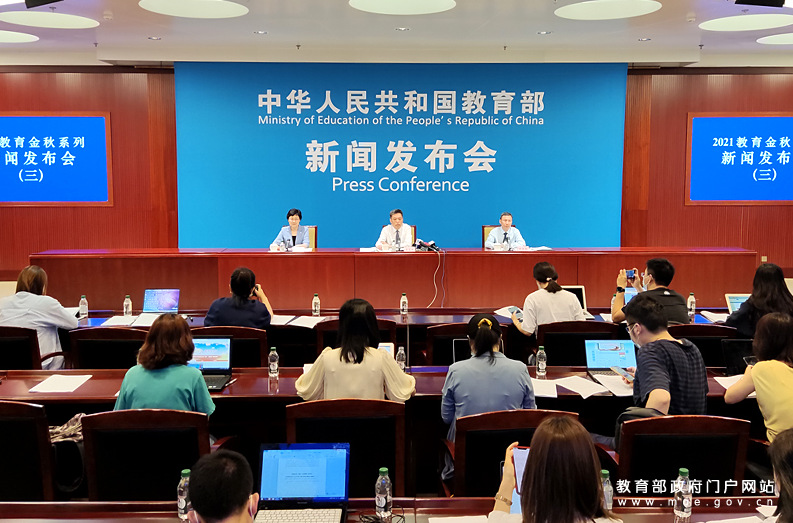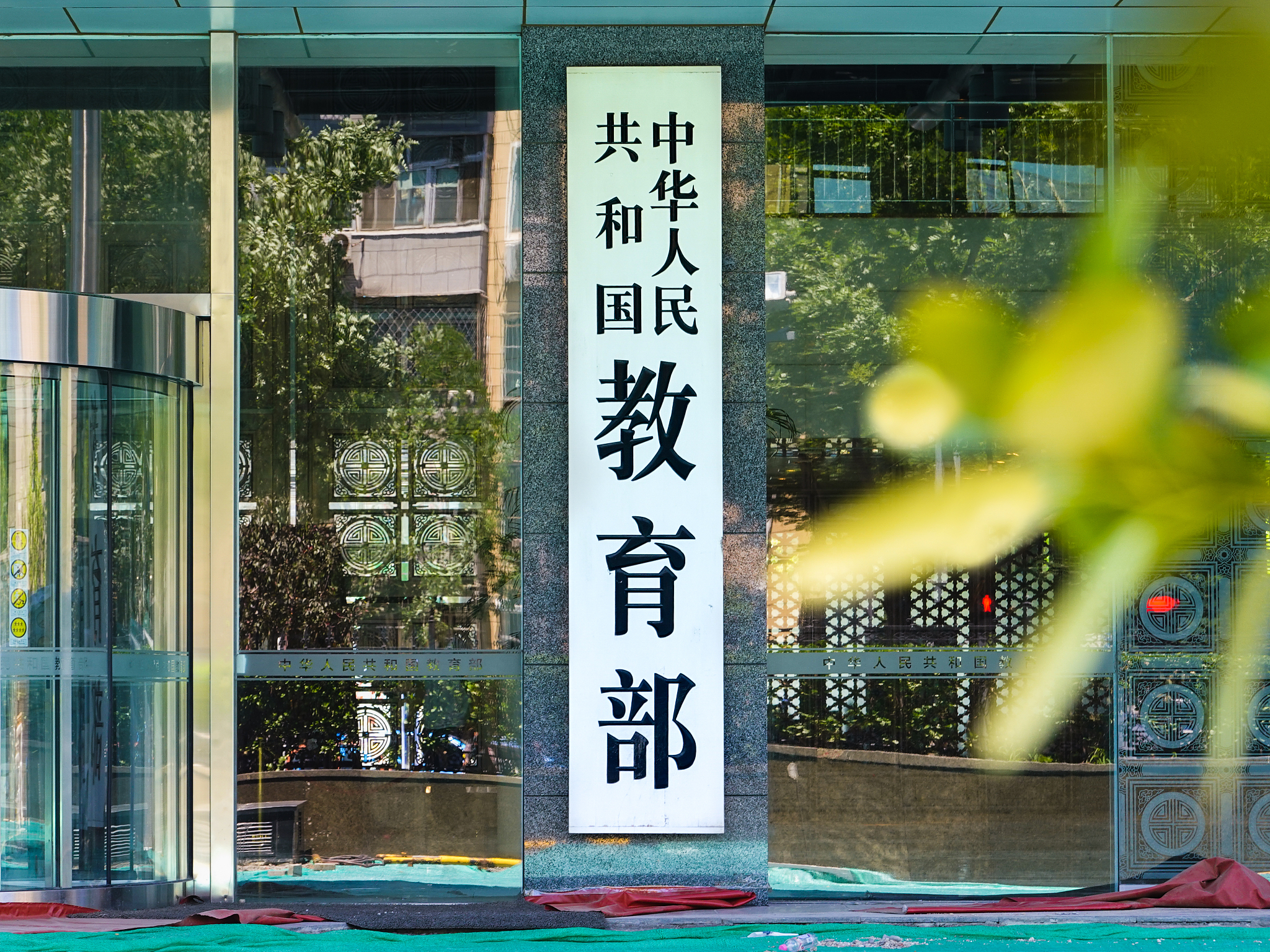No paper-and-pencil exams will be arranged for first and second graders in primary schools, and only a final examination is allowed at the end of the semester for other grades, said Lyu Yugang, the director of the Ministry of Education's department of basic education during a press conference on Monday.
The changes come amid a national campaign to reduce excessive homework and off-campus tutoring for students receiving the nine-year compulsory education.
A new approach for the new semester
Schools are required to introduce specific regulations on preventing excessive academic burdens on students. An online questionnaire will be opened to the general public, and the feedback will be considered an important indicator for reference when evaluating the performance of schools in this regard, according to Lyu.
In July, Chinese authorities introduced a set of guidelines to effectively reduce the heavy workload placed on students and the financial burden on parents.
The overall requirement is to pursue a high-quality basic education, improve school education and develop a complete system of on-campus services, said Lyu.

China's Ministry of Education holds a press conference on the new policies in the fall semester, August 30, 2021. /The Ministry of Education
China's Ministry of Education holds a press conference on the new policies in the fall semester, August 30, 2021. /The Ministry of Education
As the main battlefield in the campaign, schools need to recalibrate homework assignments, provide better after-class services and improve classroom teaching, he said.
The ministry said clubs for arts, sports, labor skills, reading and other hobbies are encouraged. Teachers are allowed to work on a flexible schedule and obtain subsidies for after-class services. Retired teachers, professionals and volunteers will be enlisted, according to the ministry.
Schools are encouraged to launch innovative programs and textbooks while making good use of online courses created by elite teachers across the country, Lyu said, adding that a nationwide selection of high-quality basic education courses was launched earlier this month.
What does the new policy mean for students, parents and teachers?

The sign outside the Ministry of Education of China. /CFP
The sign outside the Ministry of Education of China. /CFP
"The new policies have brought me relief," said a middle school student named Xiaoyi. "I would have more time to read science fiction (books), which is my real hobby."
The new policy stipulates that off-campus training institutions are prohibited from using national statutory holidays, rest days, winter and summer holidays to organize training.
"I think the new policy will be a relief for children like mine," said a married woman surnamed Wang, who is also a college teacher in Guangzhou, the capital of south China's Guangdong Province.
"We really want schools to evaluate kids multidimensionally, not just by grades," she added.
Employment in first-tier cities in the education and training industry contracted sharply, with the number of jobs in July down 32.4 percent from March before the new policy was enacted, according to leading recruitment website Zhaopin.com's 2021 Education and Training Industry Talent Market Analysis report.
"I really like being a teacher but now I can only teach midweek evenings," said a math teacher surnamed Fu. She said she will look at the situation of students and their parents applying for classes in the new semester. If the business is really bad, she may go back to schools or find other jobs.
"The goal of the new policy is to reduce repetitive training so that students can develop in an all-around way and face the uncertainty of the future with their determined abilities," said Yang Zhenfeng, an official from the Shanghai Municipal Education Commission.
(With input from Xinhua News Agency)

